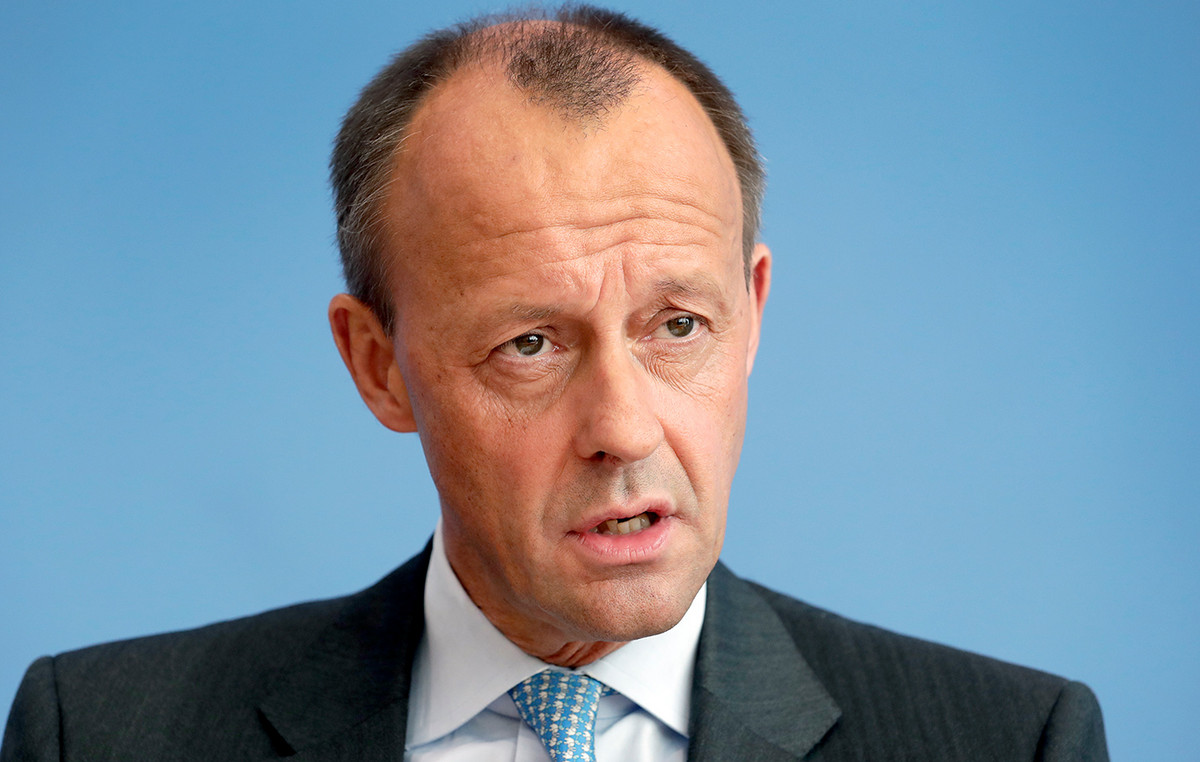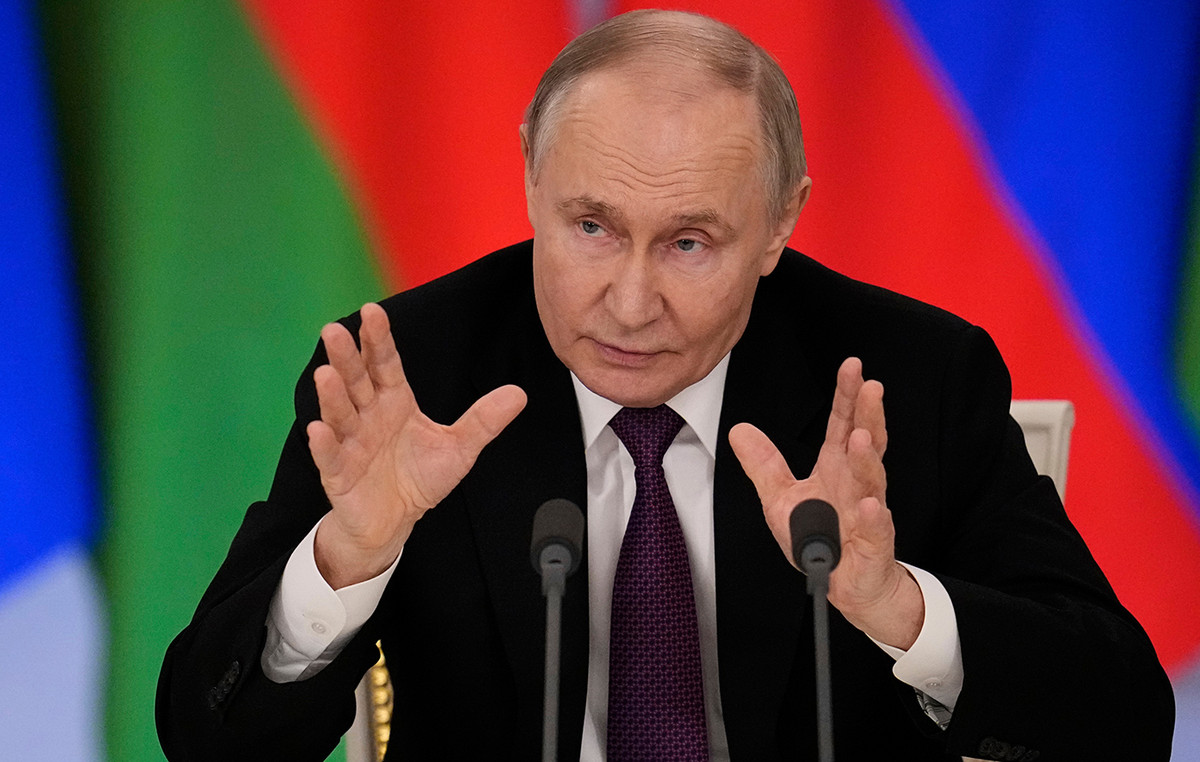When war breaks out, defense companies tend to make money. That means aerospace and defense stocks can serve as safe havens for investor money during geopolitical turmoil. But so far, this has not been the case after Russia’s invasion of Ukraine.
Global military spending grew by 0.7% to reach $2 trillion for the first time in 2021, according to a new report by the Stockholm International Peace Research Institute.
That number is expected to grow significantly this year. The US fiscal 2022 overall spending account included a 4.7% increase in defense spending to $728.5 billion.
The industry is also set to benefit from President Joe Biden’s $3.4 billion pledge to help Ukraine fight Russia.
“Most NATO member countries are now implementing or proposing increases in defense spending that will make 2% of GDP the floor for defense spending, not the target,” Bank of America analysts wrote.BAC).
First-quarter corporate earnings, however, show that fighter jets and weapons manufacturers were really hurt by Russia’s invasion of Ukraine. That’s because they lost one of their main customers: the Kremlin.
While defense stocks rose in February when Russia began its attacks, they have since calmed down. The iShares US Aerospace & Defense ETF, which tracks companies such as Raytheon, Lockheed Martin, Boeing, General Dynamics and Northrop Grumman, grew about 10% between late February and early March. This month, it has fallen by almost 6.5%.
Investors don’t always realize how slowly money flows from Congress to the US Treasury and to contractors. It is a process that takes time.
“Those investors who expect a rapid increase in first-quarter earnings from defense contractors due to the war in Ukraine are likely to be very surprised,” Bank of America wrote.
Raytheon Technologies lowered its full-year revenue forecast on Tuesday, blaming the drop in sales on Russian sanctions. Shares in the aerospace and defense company are down about 4.4% on the month.
Raytheon CEO Greg Hayes told investors that revenue guidance was reduced by $750 million because global sanctions imposed on Russia limited sales.
Before the sanctions were implemented, Russia accounted for about 1.5% of Raytheon’s sales, or about $900 million a year. The company said the sanctions had a “relatively significant impact” on profits.
The company could still see an increase in sales due to Ukraine-related orders, Hayes said, but not this year. Production of Raytheon’s Stinger and Javelin missiles, key weapons in Ukraine’s resistance to Russia, has been stalled due to supply chain and technology issues, the CEO said. The company will not be able to replenish missile supplies until 2023 or 2024.
Even when production increases, “we don’t have a huge margin with these products. This is all cost-based pricing,” Hayes told the Harvard Business Review last month.
The company is also suffering from a metal shortage caused by the conflict. They are looking for titanium sponges, castings and forgings used for aircraft parts after ending relationships with their Russian supplier, Hayes said.
Supply chain problems have crippled most defense companies, said Bert Subin, vice president of equity research at Stifel Financial. Steel, aluminum and nickel are hard to come by, and the Covid-19 lockdowns in China are likely to add to the problem, delaying shipments from Shanghai, the world’s biggest seaport.
Losses across the defense sector
Boeing also missed earnings estimates and cited similar delays in defense programs. The company’s T-7A Red Hawk program recorded its first cost overrun of $367 million.
The issues were “primarily driven by ongoing negotiations with suppliers, impacted by supply chain restrictions, Covid-19 and inflationary pressures,” Boeing wrote in its earnings report.
Lockheed Martin reported a mixed first quarter. Stocks plummeted after the F-35 maker announced an 8% annual sales drop due to pandemic-related supply shortages.
The company said that while it is in talks with the Pentagon to increase weapons production for Ukraine, they still need to increase production. CFO Jay Malave said in the earnings call that production for Ukraine would have no immediate impact on its bottom line.
Most major military conflicts over the past two decades have led to an initial jump in defense stockpiles — which include Russia’s 2014 invasion of Crimea and the 9/11, 2001 attacks — but those gains were all erased when initial fears began. of broader impacts have declined.
While defense might be a good bet for long-term investors, Bank of America said, it likely won’t be a winning sector for those looking for quick gains.
Source: CNN Brasil
I am Sophia william, author of World Stock Market. I have a degree in journalism from the University of Missouri and I have worked as a reporter for several news websites. I have a passion for writing and informing people about the latest news and events happening in the world. I strive to be accurate and unbiased in my reporting, and I hope to provide readers with valuable information that they can use to make informed decisions.







